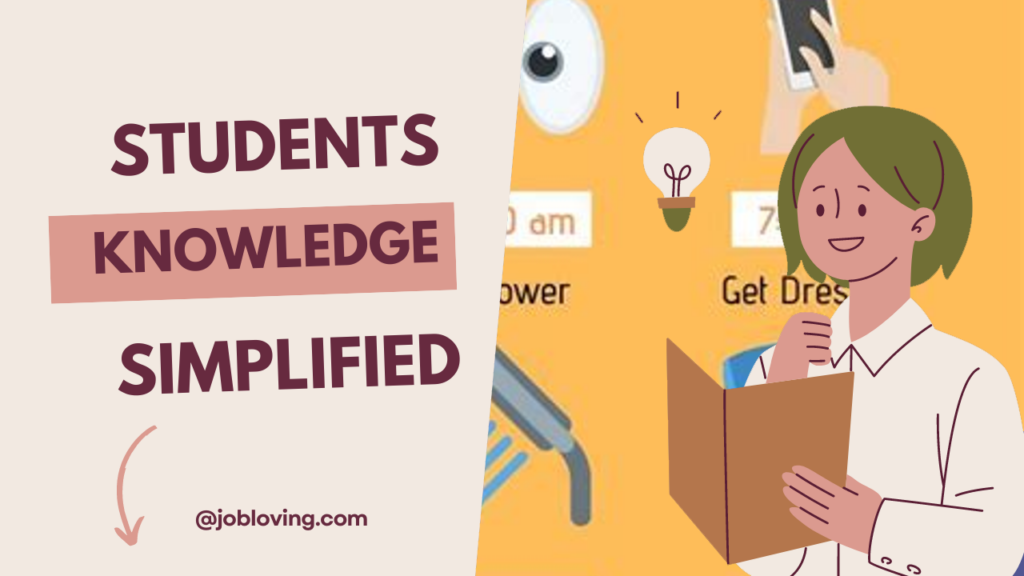How Late Nights and Early Mornings Shape the Sleep Patterns of College Students
If you’ve ever strolled through a college campus in the early morning hours, you may have noticed something peculiar: a sea of bleary-eyed students, battling their way through the day after sacrificing precious sleep for late-night escapades or, let’s be honest, a bit of last-minute studying. So, what time do college students actually wake up? And why does this sleepy trend seem to be so deeply rooted in campus culture?
The Sleepy Reality: Average Wake-Up Times
According to a 2019 study in the journal NPJ Science of Learning, the average college student goes to bed around 2 a.m. and rises at about 9 a.m. That gives them a solid seven hours of sleep—at least on paper. This is often far from the ideal sleep schedule, with many students reporting substantial fluctuations depending on class schedules, social activities, and weekend plans.
- Most students find themselves waking up between 6 a.m. and 11 a.m..
- During the week, waking times tend to be around 7:30 a.m. to 8:00 a.m., especially for those with morning classes.
- However, weekends can extend waking times to as late as 3 p.m.—talk about beauty sleep!
Sleep Patterns: The Late-Night Syndrome
In the great battle of boisterous social lives versus the necessity of sleep, late nights often win out. Although many college students aim for those elusive 7 to 9 hours of sleep, they frequently miss the mark. The struggle is real, and it’s largely driven by:
- Social Activities: Whether it’s hanging with friends or partying into the wee hours, college life is packed with late-night fun.
- Academic Pressure: The pressure to ace exams and deliver impeccable assignments often leads students to hit the books (or the caffeinated energy drinks) instead of snooze.
- Inconsistent Sleep Schedules: With bedtimes drifting between midnight and 3 a.m., maintaining a healthy routine is challenging.
This haphazard approach to sleep contributes significantly to mental fatigue and can leave students feeling tired and lethargic, which goes on to affect their academic performance.
Impact of Sleep on Academic Performance
Now, let’s sprinkle in some science: experience has shown that students who hit the pillow before midnight tend to fare better academically. Research indicates that sleep factors contribute to nearly 25% variance in academic performance. Here’s the kicker: each additional day of sleep struggles correlates to a 0.02-point decrease in GPA. Ouch!
- Students who consistently sleep less than seven hours face risks such as weight gain, heart disease, and sluggish cognitive function.
- Those with sleep issues are roughly 10% more likely to drop a course during the semester.
- Not getting enough sleep feels a lot like being under the influence with cognitive function impaired to levels equivalent to a blood alcohol concentration of 0.05%.
Moreover, insomnia is a widespread issue among students. With around 26% reporting sleep difficulties, the numbers can climb as high as 74% among students battling depression or ADHD. Recognizing the factors impacting sleep quality—genetic, behavioral, medical, and environmental—is essential for wellness.
A Day in the Life of an Average College Student
To better understand college students’ sleep patterns, let’s walk through a typical weekday:
- 7:00 a.m.: For students with early classes, the wake-up alarm blares, but hitting that snooze button is oh-so-tempting.
- 8:00 a.m.: After getting some agua and racing through a quick breakfast, they’re scrambling to make it to class.
- 12:00 p.m.: By lunchtime, most students feel a crash in energy and might hang out at the dining hall or grab coffee for a boost.
- 6:00 p.m.: With classes concluding, the work begins—studying, cramming, or enjoyed social engagement.
- 1:00 a.m.: The witching hour rolls around, and most fire up Netflix or dive back into schoolwork, stretching their bedtime into the early morning.
Finding Balance: A Key to Success
With all this information swirling around, one question lingers: how can college students strike a balance between fun, studying, and sleep? Here are some practical tips:
- Stay Consistent: Aim for a regular sleep schedule, even on weekends! Your body loves routine.
- Wind Down: Establishing a calming pre-sleep routine can improve sleep quality. Try reading, meditating, or stretching!
- Limit Caffeine: Avoid those late-night caffeinated boosts that will keep you tossing and turning.
- Screen Time: Cut down on devices before bed; the glow can impair your ability to doze off.
- Hydration and Nutrition: Staying hydrated and maintaining a balanced diet plays a crucial role in energy levels throughout the day.
The Sleep Transition to Adulthood
As students reach their late twenties, many notice a natural shift in their sleep habits, moving toward more regulated schedules. Quality sleep leads to superior cognitive function, enhanced mental health, and improved productivity. Despite the struggle during the college years, many ultimately prioritize rest and discover the art of balance between academics and social engagement.
Final Thoughts
In summary, the intricate dance of college life is heavily influenced by sleep patterns. The delicate balance between late-night study sessions and early wake-ups is indicative of a broader college experience filled with social engagements, academic pressures, and personal growth. As students navigate these demanding years, it’s clear that recognizing the importance of quality sleep goes hand in hand with academic success and well-being.
Ultimately, don’t let late-night escapades turn into all-nighters. Remember, tomorrow is a brand-new day and your brain will thank you for treating it with the proper rest it deserves. So why not plan that dream sleep schedule now? Sweet dreams!

